 |
| August 12, 2020 |
Dear Reader,
Russia's president Vladimir Putin announced this week that the country's health regulator had become the world's first to approve a coronavirus vaccine— but scientists worldwide have condemned the decision as dangerously rushed. Today's lead story has the details. In space news, NASA's exoplanet-hunting TESS space telescope is done with its primary mission, having discovered 66 confirmed alien planets and nearly 2,100 "candidates," but its search for strange new worlds goes on. And lastly, scientists say Antarctic ice shelves have lost nearly 4 trillion metric tons of ice since the mid-1990s. Ocean water is melting them from the bottom up, causing them to lose mass faster than they can refreeze. That spells bad news for the hundreds of glaciers spread out along the Antarctic coastline. |
| | Sunya Bhutta, Senior Editor, Audience Engagement
@sunyaaa | |
 |
| |
| |
| |
| |
| |
| |
| |
| |
FROM THE STORE
 | | | |
| |
LATEST ISSUES
 |
| |
| Questions? Comments?  | |
| Download the Scientific American App |
| |
| |



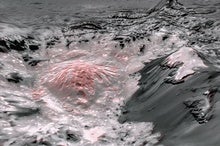
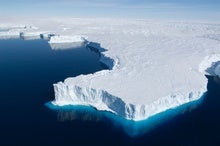


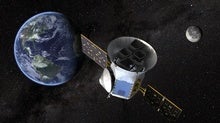

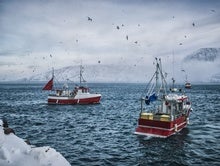
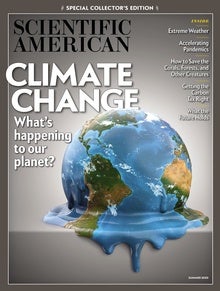

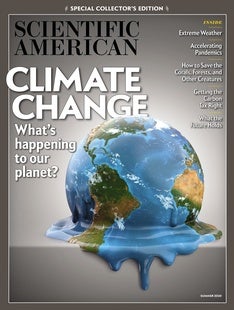

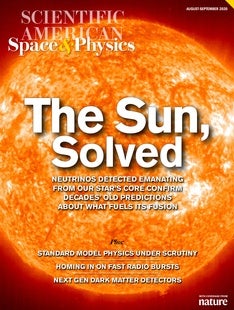
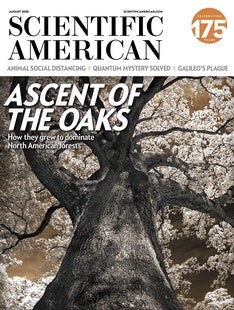
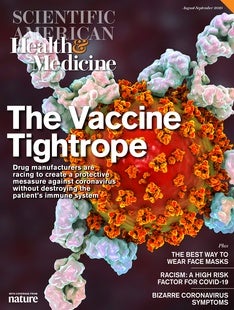



Comments
Post a Comment